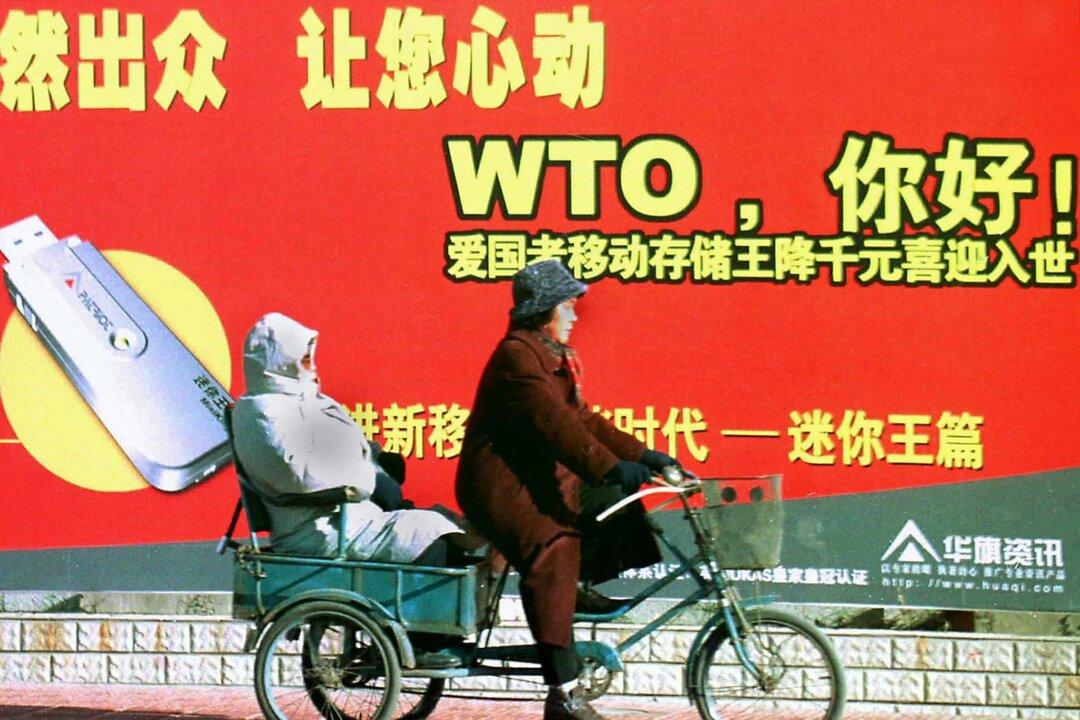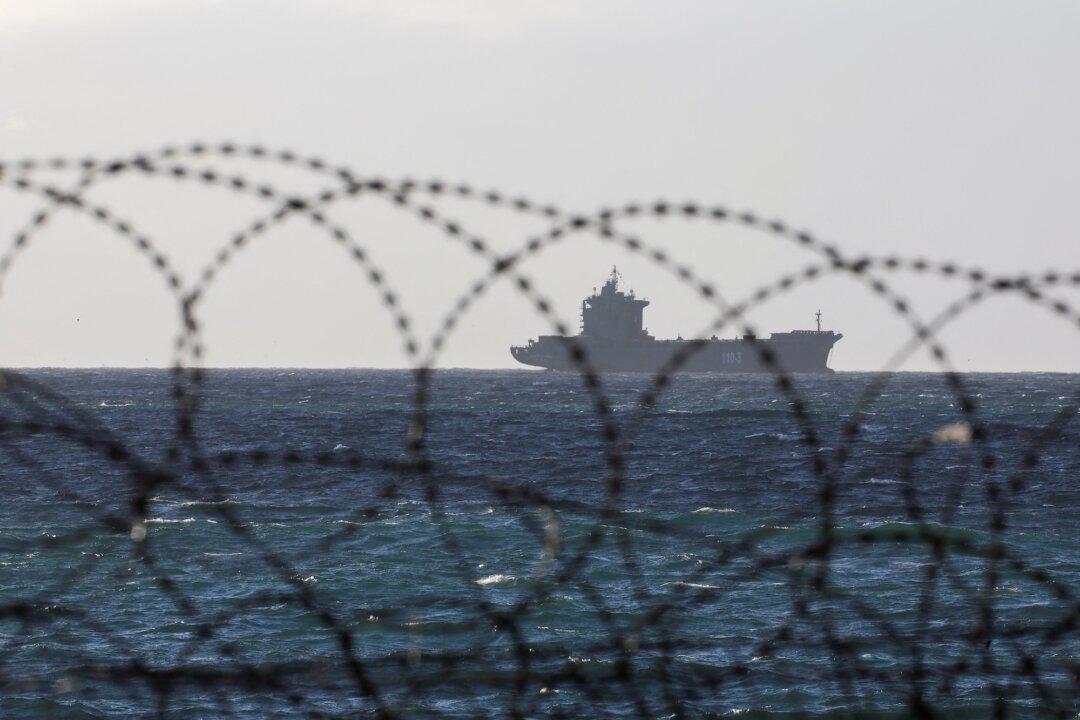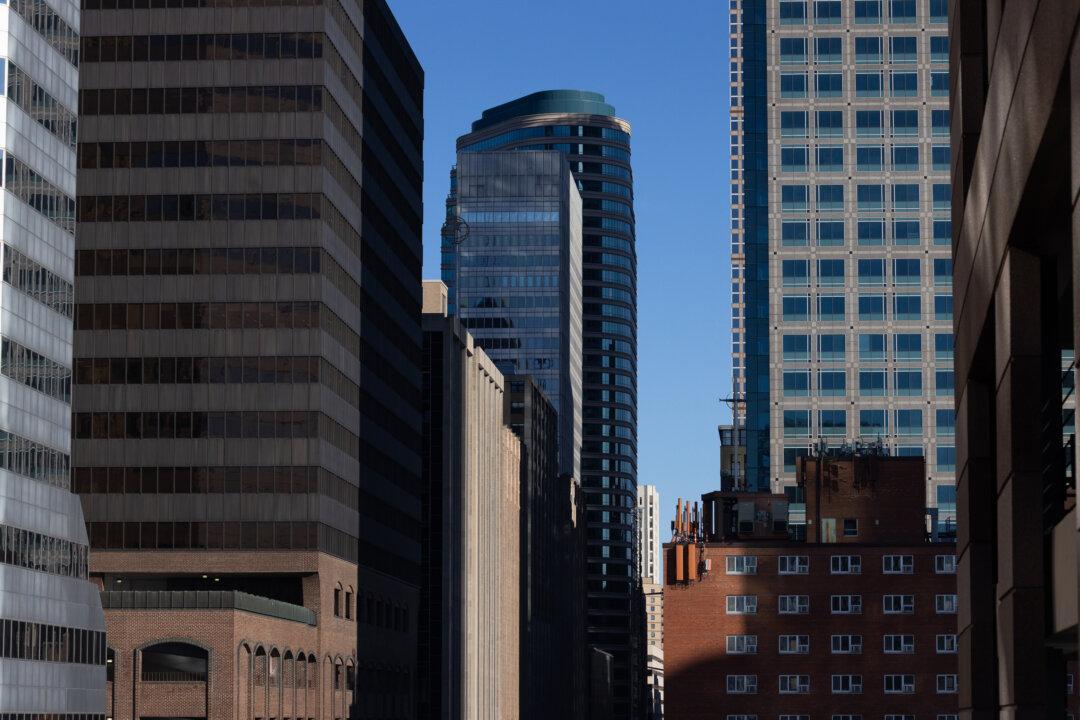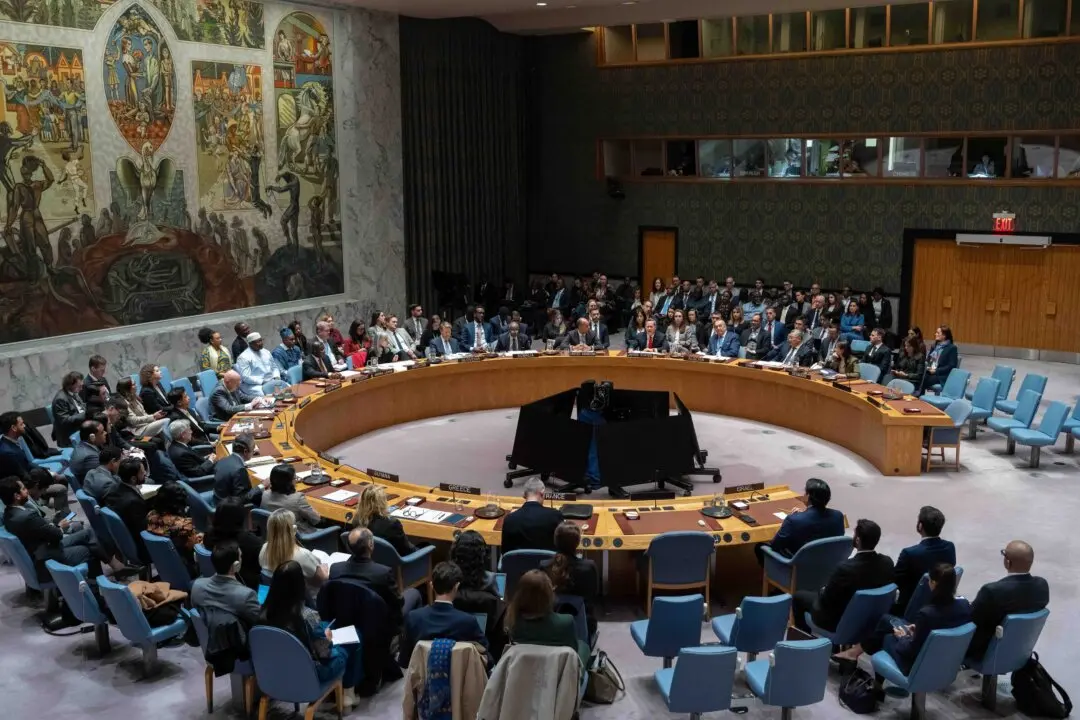Commentary
At the end of the Cold War while the “Eastern Bloc” was dissolving rapidly, most Western economies entered into a recession. So the “winners” of the Cold War were not in a position to extract vengeance from the “losers.” This was also the time when Donald Trump’s businesses were reporting close to a billion-dollar loss; almost everyone was losing money back then.





